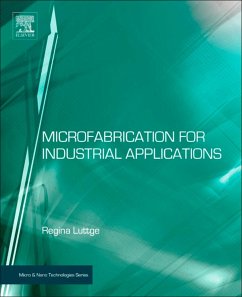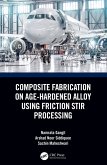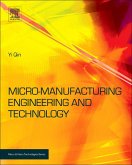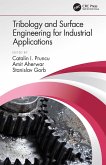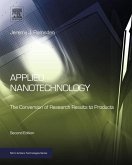Concerning sub-micron feature manufacture, the book explains: the philosophy of micro/ nanofabrication for integrated circuit industry; thin film deposition; (waveguide, plastic, semiconductor) material processing; packaging; interconnects; stress (e.g., thin film residual); economic; and environmental aspects.
Micro/nanomechanical sensors and actuators are explained in depth with information on applications, materials (incl. functional polymers), methods, testing, fabrication, integration, reliability, magnetic microstructures, etc.
- Shows engineers & students how to evaluate the potential value of current and nearfuture manufacturing processes for miniaturized systems in industrial environments
- Explains the top-down and bottom up approaches to nanotechnology, nanostructures fabricated with beams, nano imprinting methods, nanoparticle manufacturing (and their health aspects), nanofeature analysis, and connecting nano to micro to macro
- Discusses issues for practical application cases; possibilities of dimension precision; large volume manufacturing of micro- & nanostructures (machines, materials, costs)
- Explains applications of Microsystems for information technology, e.g.: data recording (camera, microphone), storage (memories, CDs), communication; computing; and displays (beamers, LCD, TFT)
- Case studies are given for sensors, resonators, probes, transdermal medical systems, micro- pumps & valves, inkjets, DNA-analysis, lab-on-a-chip, & micro-cooling
Dieser Download kann aus rechtlichen Gründen nur mit Rechnungsadresse in A, B, BG, CY, CZ, D, DK, EW, E, FIN, F, GR, HR, H, IRL, I, LT, L, LR, M, NL, PL, P, R, S, SLO, SK ausgeliefert werden.

